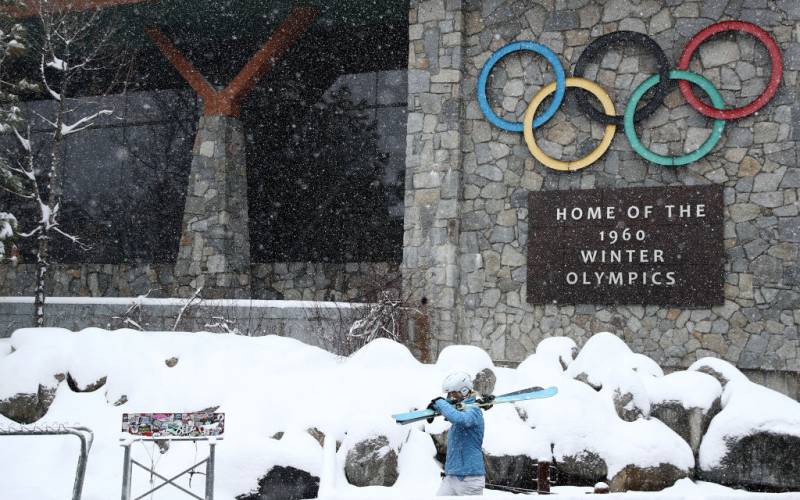California’s popular Squaw Valley Ski Resort will change its name because the word “squaw” is a derogatory term for Native American women, officials announced Tuesday. The site was the scene of the 1960 Winter Olympics.
The decision was reached after consulting with local Native American groups and extensive research into the etymology and history of the term “squaw,” said Ron Cohen, president and COO of Squaw Valley Alpine Meadows.
The word “squaw,” derived from the Algonquin language, may have once simply meant “woman,” but over generations, the word morphed into a misogynist and racist term to disparage indigenous women.
“While we love our local history and the memories we all associate with this place as it has been named for so long, we are confronted with the overwhelming evidence that the term ‘squaw’ is considered offensive,” Cohen said.
Work to find a new name will start immediately and is expected to be announced next year, he said.


